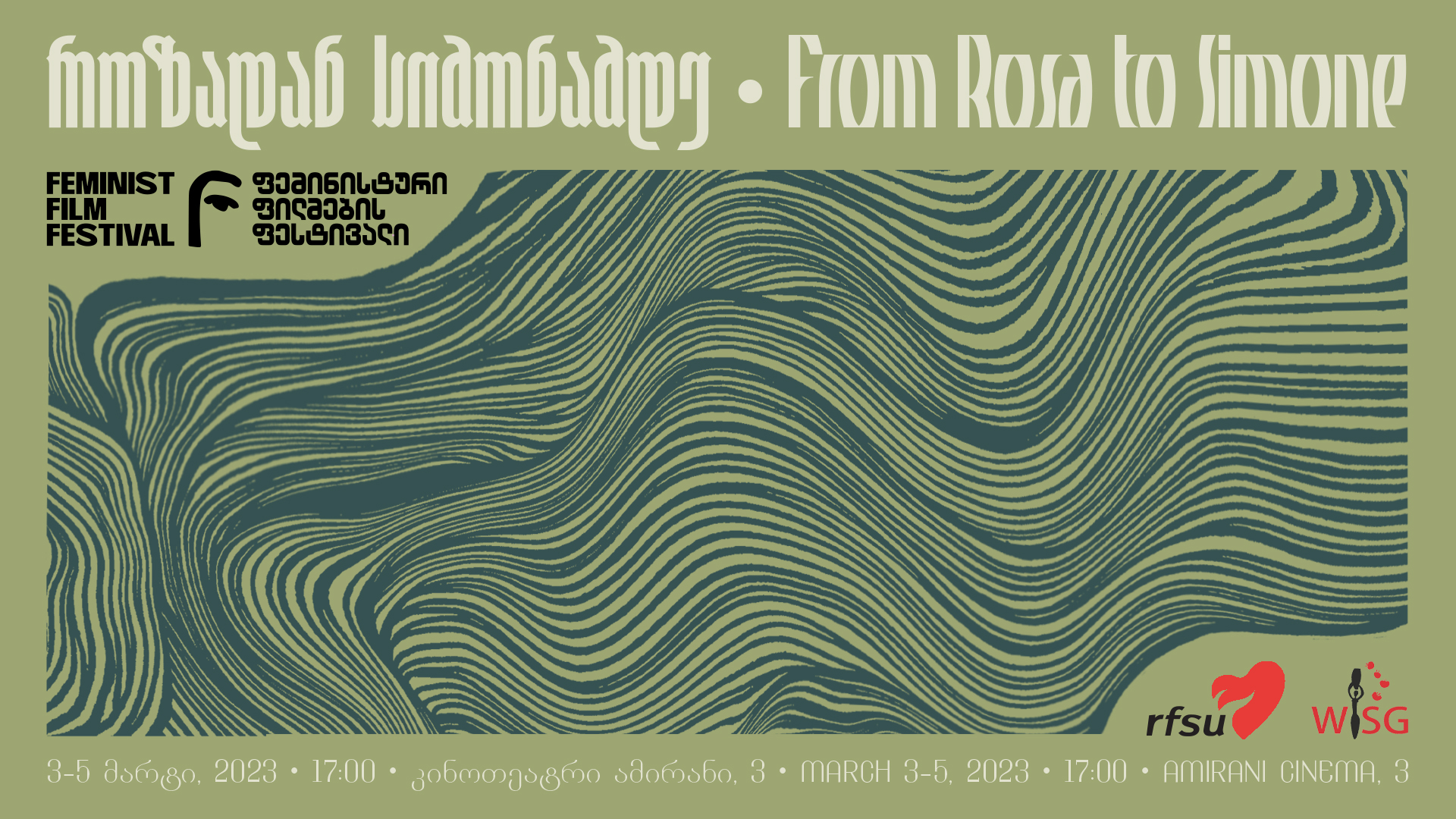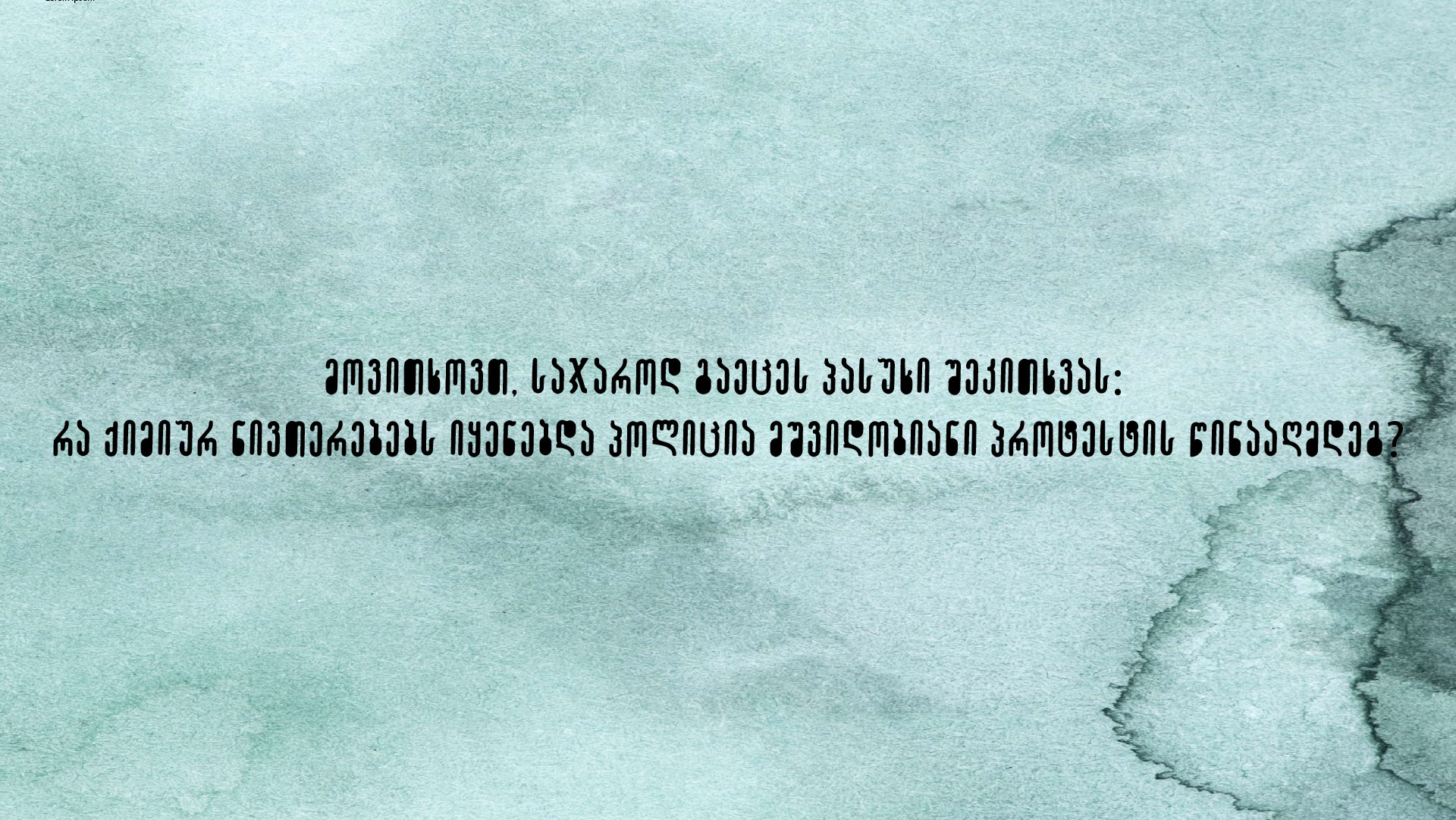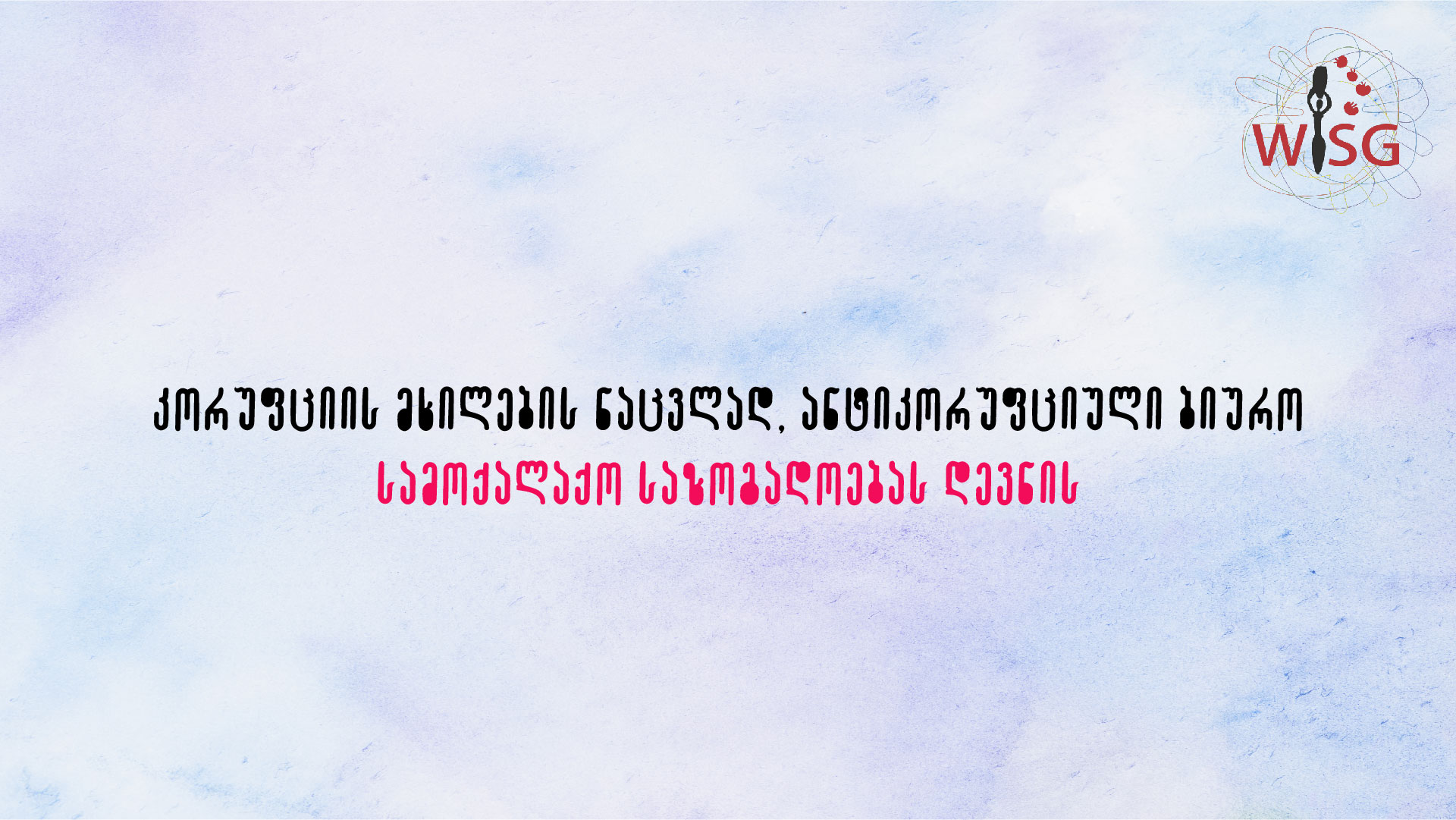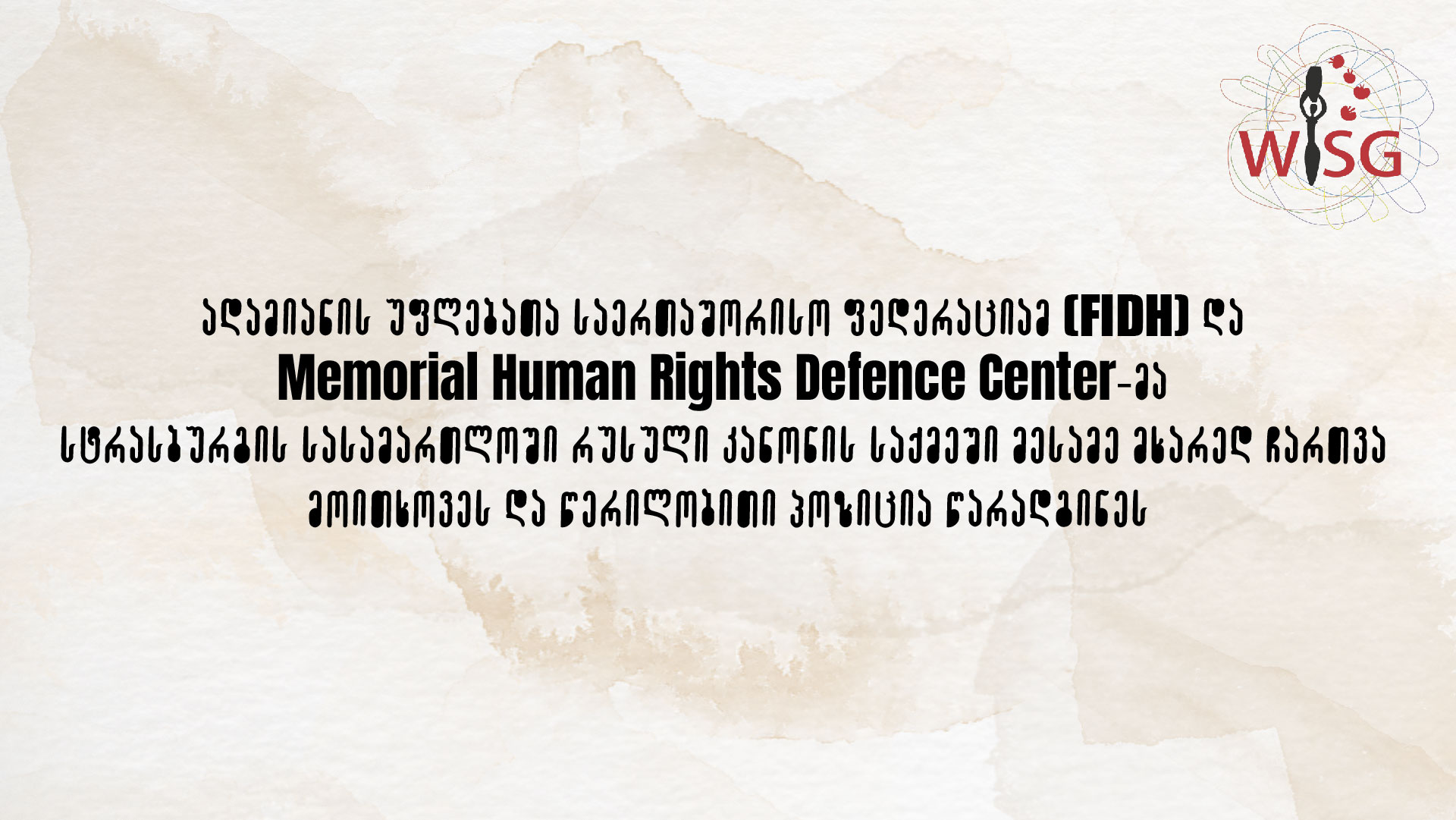From Rosa to Simone - Feminist Film Festival
Filmmaking as a means of Feminist Resistance
The question of how women's experiences are documented and represented is one of the most important issue in Feminist Ethics. In this context, the politics of experience is a resistance aimed at rethinking and breaking free from hegemonic forms of thought.
Filmmaking as a means of Feminist Resistance is the main theme of the 2023 edition of the feminist film festival From Rosa to Simone.
This year's film program focuses on the works of female and non-binary directors, who offer unique representation of their own experiences and those of the protagonists.
During the festival, together with participating directors and audiences, we will discuss filmmaking as a documentation of experiences, which produces alternative knowledge, represents identities, and becomes a dialogue between women separated in time and space.
These contents become particularly resistant in the given dominant order which offers linear, ahistorical and empty meanings of progress, development and freedom.
This year's film program is presented by the Women's Initiatives Supporting Group as part of the campaign "Touchpoints - Why We Need Intersectional Feminism".
Festival takes place on March 3-5 at the Hall 3 of Amirani cinema.
Screenings start at 17:00
FILM PROGRAM 2023
Day I - March 3
Lia Jakeli Documentaries
Vachnadze street (2015, 43’) - depicts the events of May 17, 2013, addresses the importance of LGBT people's presence in public space and examines the impact of homophobia and transphobia in the society on the lives of LGBT.
Dadu and Lana (2023, 20’) - Protagonists of the film are a Lesbian mother and her daughter. Living a difficult life of a queer woman in Georgia, Dadu made a lot of compromises during her life in order to protect herself and people close to her from societal aggression. She also worked hard for his daughter Lana to have a good relationship with her father. Now that Lana is eighteen years old and in love, she understands better what it costs her mother and her partner to hide each other. Now Lana is taking care of her mother, trying to convince her and her partner to go where they will feel happy and where they will not be afraid to walk in public hand in hand.
Screenings followed by a talk with Lia Jakeli
Day II - March 4
Session I
Digging - Oksana Kazmina (2022, 20) - “In Syracuse - the earth is clay and full of stones. While digging, I tried to remember what kind of land is beneath the playgrounds of Mariupol. I also thought that diggers are the new heroes of our time. Digging, digging, digging--graves, trenches, shelters. The graves are part of our new landscapes in Ukraine, which, as of now, I have only seen in photos. I tried to dig a grave big enough for my own body. I tried to dig as fast as possible, imagining that it was the only time I had to bury a loved one before the next shelling. I think people dug graves while shelling was going on.” - Oksana Kazmina
Weather Forecast - Kamilla Davlyatshina (2022, 9’) - Weather Forecast is an autoethnographic observation of videos from 2003, captured with a handheld home-video camera on VHS tape.
On Being Dziapshipa - Anna Dziapshipa (2018, 9’) - Surnames in Georgia reflect both history and geography. Depending on your family name, people can tell where you are from and sometimes who you are. An “uncommon” last name rarely goes unnoticed. Filmmaker Anna Dziapshipa knows it well. Her Abkhaz surname stirs emotions in Georgia: some recall the acclaimed 1950s soccer player, Niaz Dziapshipa, but most remember Abkhazia, the region which Georgia lost after a brutal conflict in the early 1990s. In this experimental video, Dziapshipa delves into the intricacies of nationality and identity as reflected in the difficulties many Georgians have in writing or saying her surname.
Screenings followed by a talk with Anna Dziapshipa
Break
Session II
Mothers Apricot Compote - (2020, 24’) - A fragmentary narrative of two women whose lives are distant from each other, yet hold traces of resemblance. The film conjures the ghosts that haunt the daily lives of these two women. It is at once a rumination on the experience of the immigrant within and without the Iranian diaspora, and the ways in which generational memory cracks through the surface of everyday life.
The Sparrow is Free - Niki Kohandel, (2021, 14') - In an empty house, a young woman hears a voice. The tales it recalls lead her to recreate scenes from her grandmother’s past. Kohandel's short film, composed around an interview with her grandmother, explores gender roles in early 20th-century Iran through a series of domestic objects. As she voices her own story, the film weaves her experiences together into a broader narrative of self-determination. As a young girl, her grandmother’s marriage to her older cousin led to years of control and frustration. Rebelling against her husband, she eventually relocated to France with her sons, building a new life and carved out her independence in Paris, finding comfort in the everyday. A simple kind of happiness follows. The sparrow is free.
Gut Feelings: Fragments of Truth - Katayoun Jalilipour (2021, 12') - a multiple-part project – is inspired by the lives of historical figures during the Qajar era in Iran (1785-1925), such as Tāj al-Saltaneh (1884 – 1936), a member of Qajar dynasty and feminist activist who, in the internet era and digital world, is misrepresented and the subject of racist and misogynistic memes. Tāj al-Saltaneh is central to ‘Gut Feelings: Fragments of Truth’, and her well-documented life provides a window into the lives of other Qajar women. The film asserts the importance of truthful and accessible archival information and examines the part oppressive systems play in spreading misinformation. It asks how fragments of historical truth might reimagine queerness in pre-westernised Iran.
Minuet For A Disappearance - Maaman Rezaee (2016, 6’)
Minuet For A Disappearance is a visual poem, written and crafted by the filmmaker for her father, a political prisoner in Iran. Along with drawings on 16mm film and a violin piece from her childhood, her father's letters, his gifts, his phone calls and a stealthily-recorded video from within the prison walls, constitute the verses.
And Their Eyes Were Not Watching Us - Maaman Rezaee (2020, 2’)
This film is a response to the violence and horror that ensued during the 2019 protests in Iran. And it's a protest itself to the whole world entertaining their eyes as over 100 men, women and children were killed on the streets of Iran.
Day 3 - March 5
Dream of Silk - Nahid Rezaei (2003, 43') - In Dream of Silk, director Nahid Rezai returns to her all-girls high school twenty-five years later to explore the lives of young girls in contemporary Tehran. In this candid exploration of their dreams and hopes, the girls are at times shockingly open, often sweet, and occasionally sad as they talk about the future.
Break
Letter to an Unborn Child - Sepideh Farsi (1988/2018, 4’) - The film is a well dug into the past. Made with bits of an unfinished film, "Red Shoes,” which was to be my very first auto-produced short film, but that remained “unborn” due to lack of money. What links the 16 mm footage that is the body of the present film, the poem that represents the heart of it, and the finished opus Letter to an Unborn Child represents close to thirty years of my life. —Sepideh Farsi
Harat - Sepideh Farsi (2007, 75') - Sepideh and Darya. Mother and daughter. A successful young filmmaker and a child with clear ideas about how to make a film. Together they make a long journey to meet members of their large family: From Paris to Tehran and further beyond the Afghanistan border. By air, train, car, they never leave the tools of their trade: two video cameras, one of which is so small that it goes by unseen. On the way, they encounter landscapes, villages, voices and faces, too long separated by distance or disparate destinies. Travel time, story time: at night, Sepideh transforms their story into a bedtime lullaby for her daughter. The complex ramifications of a genealogical tree are gathered in a subtle family album.







